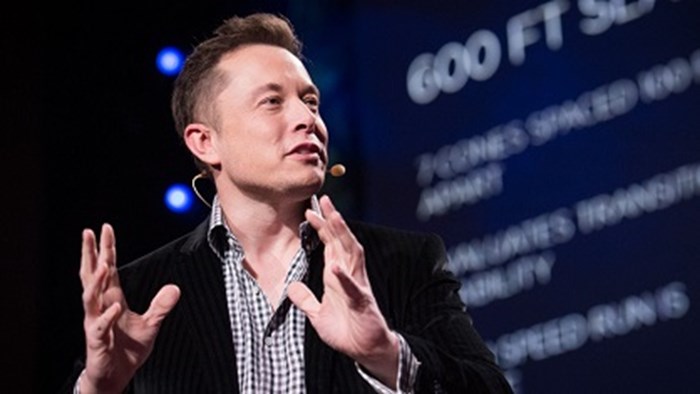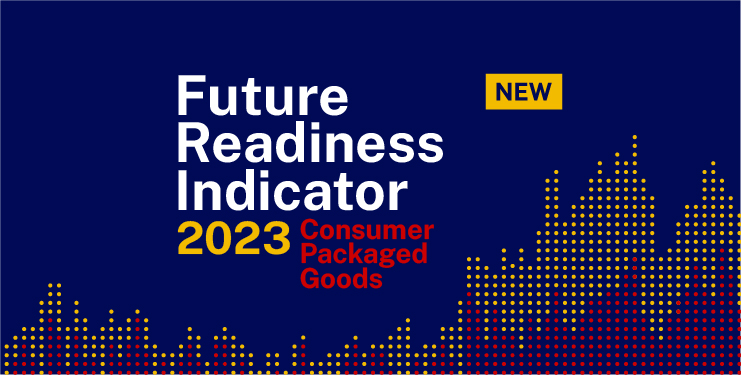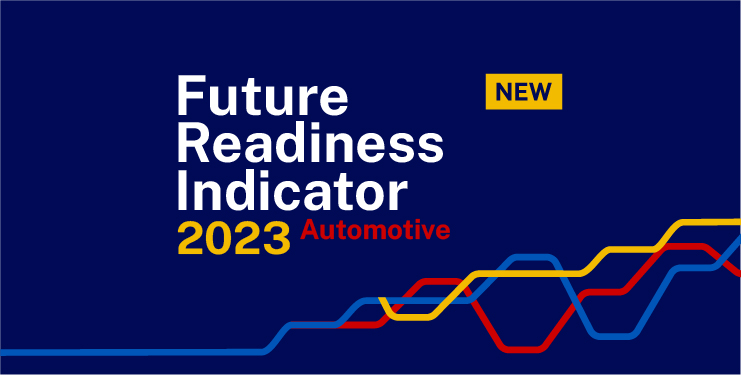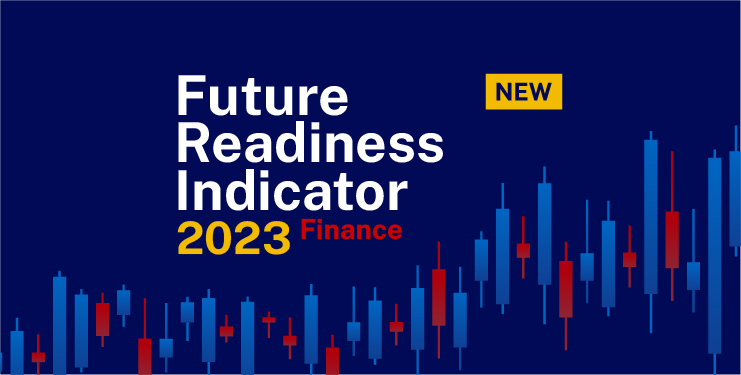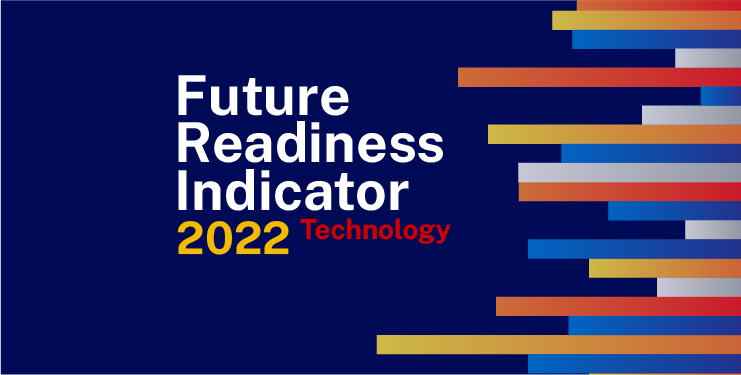IMD business school for management and leadership courses



How Becoming Future-Ready Makes You More Resilient
Everyone is sounding cautious these days, especially if one works in technology. Hiring slowdowns at Apple and Microsoft. Job freezes at Google, Twitter, and Meta. Layoffs at Oracle, Tesla, and across startup land. Earlier last week, Snapchat posted its weakest revenue growth since going public in 2017. The share price of Snap Inc., the company behind the popular app, plunged 26% in after-hours trading. Shortly after, stock prices of digital-ad-dependent companies, including Meta, Alphabet, Twitter, and Pinterest, all fell.
Not having an ad-dependent business can be even worse. In the second quarter, Netflix lost nearly a million subscribers and its operating income fell 15%, as announced in its latest earnings report. That may be why a week prior, Netflix cemented a partnership with Microsoft’s programmatic ad platform to build a new ad ecosystem. It’s a desperate attempt to restore its revenue growth.
In the midst of turmoil, it’s easier to forget about the fundamentals. Of course, all companies will be affected by the general malice of economic uncertainties, including inflation, energy crisis, and gloomy consumer sentiment, but some companies are more resilient than others.
Microsoft, for one, said it expects its revenue and operating income to increase at a double-digit pace over the next 12 months. The company said it was attracting more large deals to its Azure cloud-computing software and moving clients to pricier versions of Office cloud programs. All were achieved despite hardware-production shutdowns in China and a worsening PC market that has hurt sales of the Windows operating system software to computer makers.
Such is an example of resilience under pressure. Microsoft has a more positive outlook because it is more future-ready than others. Under CEO Satya Nadella, Microsoft transitioned to a subscription model for its software offerings. It won big in cloud computing. It ramped up its product lineup on augmented reality. It scaled Azure, Microsoft 365, and HoloLens.
If you haven’t already seen, we at IMD have been ranking companies according to their future readiness. You can check out the rankings among companies in the technology sector. What’s interesting is that while the analysis was published at the end of last year, using the data points gathered in the year of 2021, you can see how that future readiness translates into business resilience as we are experiencing now.
The implication is this: The biggest danger when facing uncertainty is that it causes leaders to waver in their commitment. The deep secular trends are ignored; the company falls back to its prior inertia. The allure of short-term thinking is all too tempting. This is a painful lesson most vividly illustrated in the global auto industry. In this article, we look at how BYD, Hyundai, and, inescapably, Tesla, have behaved very differently from their competitors, which explains their future readiness.
And we can’t think about the future but forget about the present. In this article published by the MIT Sloan Management Review, we investigate how future thinking can derail your company’s present. To ensure that your efforts to be future-ready are met with the greatest chance of success, it’s critical to (1) ensure that you can live up to your promises (that is, don’t run before you can walk), (2) not neglect your core customers of today, (3) be willing to make tough decisions, and (4) embrace new talent while not forgetting your current employees.


